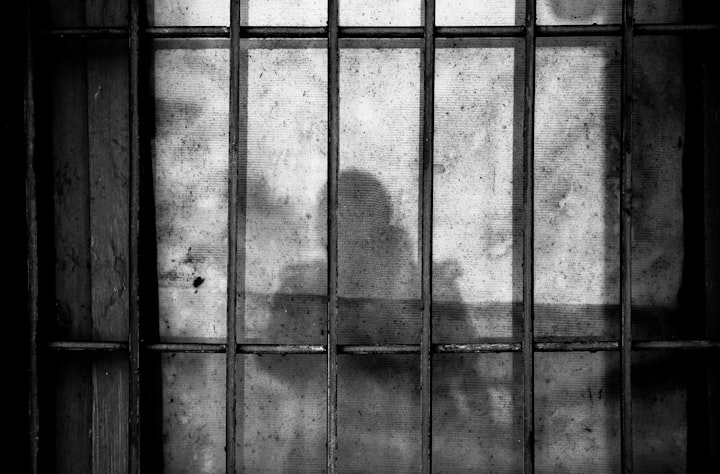Corruption: Undermining Societies and Destroying Trust
don't click this

Title: Corruption: Undermining Societies and Destroying Trust
Introduction (Word Count: 150)
Corruption, an insidious plague, has plagued societies throughout history, eroding trust, impeding development, and undermining the very fabric of nations. It is a multifaceted problem that manifests in various forms, from bribery and embezzlement to nepotism and favoritism. This article aims to shed light on the destructive nature of corruption, its far-reaching consequences, and the urgent need for concerted efforts to combat this pervasive issue.
Defining Corruption (Word Count: 150)
Corruption can be defined as the abuse of entrusted power for personal gain, often involving bribery, embezzlement, fraud, or nepotism. It transcends borders, affecting both developed and developing nations, and pervades all sectors, be it politics, business, or public administration. This abuse of power stifles progress, perpetuates inequality, and hampers the equitable distribution of resources.
The Social and Economic Costs (Word Count: 250)
Corruption exacts a heavy toll on societies, crippling economies and deepening social divisions. It siphons off funds intended for public services, such as healthcare, education, and infrastructure, leaving citizens deprived of essential resources. The diversion of public funds into private pockets hampers economic growth and exacerbates poverty, as the most vulnerable segments of society suffer the most.
Moreover, corruption distorts market mechanisms, creating an uneven playing field for businesses. Bribes and kickbacks become the norm, undermining fair competition and discouraging foreign investment. This perpetuates a vicious cycle of economic stagnation, widening the gap between the rich and the poor.
Political Instability and Erosion of Trust (Word Count: 200)
Corruption erodes the trust between citizens and their governments, leading to widespread disillusionment and political instability. When public officials prioritize personal gain over the welfare of the people they are entrusted to serve, it undermines the very foundation of democracy. Citizens lose faith in institutions, fueling resentment, and potentially leading to social unrest.
In addition, corruption weakens the rule of law, as those with power and resources can manipulate the system to their advantage. This breeds a culture of impunity, where the corrupt escape punishment, further eroding trust in the justice system. Consequently, corruption perpetuates a cycle of malfeasance, as the perception of widespread corruption becomes normalized.
Combating Corruption: The Way Forward (Word Count: 250)
Addressing corruption requires a multi-faceted approach, combining political will, institutional reforms, and active citizen participation. Here are some key strategies that can help combat corruption:
1. Strengthening Institutions: Establishing independent anti-corruption bodies and judicial systems that operate transparently and are free from political influence is crucial. These institutions should have the necessary resources and authority to investigate and prosecute corrupt individuals.
2. Promoting Transparency and Accountability: Implementing measures such as financial disclosure requirements, public procurement reforms, and whistleblower protection can help increase transparency and hold public officials accountable for their actions.
3. Education and Awareness: Raising awareness about the detrimental effects of corruption is essential. Educational initiatives, media campaigns, and civil society organizations can play a vital role in promoting a culture of integrity and fostering active citizen engagement.
4. International Cooperation: Combating corruption requires global collaboration. Encouraging cooperation among nations, sharing best practices, and recovering stolen assets can help curb the cross-border flow of illicit funds.
Conclusion (Word Count: 100)
Corruption remains a formidable challenge that impedes progress, weakens institutions, and hampers societal development. Eradicating corruption demands a collective effort involving governments, civil society, and individuals. By fostering transparency, accountability, and a culture of integrity, we can build societies that are resilient, just, and equitable for generations to come. Only by working together can we effectively dismantle the destructive forces of corruption and pave the way for a brighter future.





Comments
Abdul Haseeb Rizvi Attari is not accepting comments at the moment
Want to show your support? Send them a one-off tip.